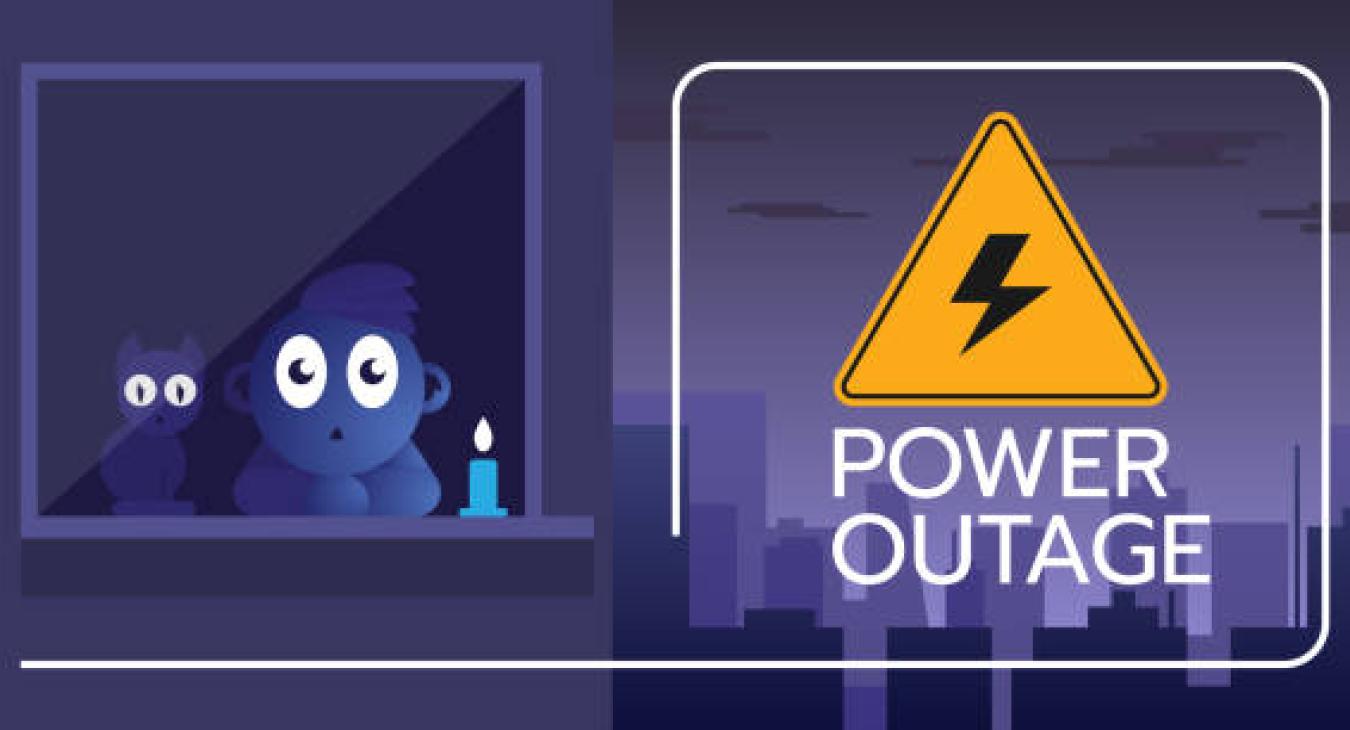
Power cuts can occur for a variety of reasons such as a storm or a cut power line. Not only do they cause us inconvenience, they can also be highly dangerous. Here are a few tips to keep you safe:
- Check if your neighbours still have power. If their power has gone too, it could be a sign that there has been a local power cut. If this is the case, contact your network distributor. If your neighbours do have power but you still don’t, it’s likely there is a problem with the fuses or trip switches in your home.
- Check your trip switch and fuses - Your trip switch should be on or near your fuse box/consumer unit. If the trip switch is off, try switching it back on. If it switches off again, this could indicate that one of your appliances may be faulty, so unplug all appliances and reset the trip switch. The best thing to do in this situation is to call an approved electrician. They will be able to inspect your system and repair any faults straight away, giving you peace of mind.
The importance of your Fusebox
Fuseboxes, Fuseboards (or consumer units) control the electrical function of your home, and they also protect electrical circuits by breaking the circuit should there be a fault in the circuit. This can potentially save your life. It is therefore important to ensure yours is up to date and in line with current regulations.
In 2008, the electrical wiring standards and regulations changed to mean all circuits required an RCD (Residual Circuit Device).RCDs can detect faulty appliances before you are even aware and will even activate if someone accidentally touches a live cable in your home. They activate in a split second and offer the best protection for you and your family.






